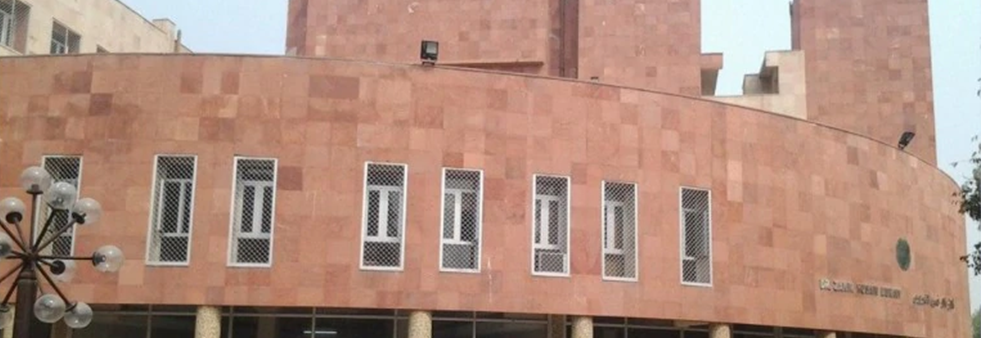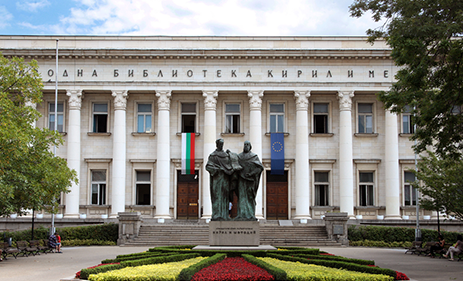University
Jamia Millia Islamia University
The digitization unit aims to promote teaching-learning and research in an online digital format, and to preserve art, culture and history as well as many of its “rarest manuscripts” and other archival documents for future generations.

Approach & Solution
The Dr Zakir Husain Library is the first among India’s central universities to have a modern, efficient digitization unit in the country. With this unit, the library proposes to undertake the phased digitization of historical manuscripts, rare books, old periodicals, archival journals in Arabic, Persian, Urdu and English on a larger scale. These centuries-old documents will be digitized in the library’s secure premises by its own trained staff.
The JMI library also intends to digitize items related to the university’s history, such as photographs, private papers of the university’s founder and benefactors like Mahatma Gandhi, Hakim Ajmal Khan and Dr Zakir Husain, etc.
JMI chose CopiBook OS A2 for its project.
Discover other achievements

Mc Gill University
Mc Gill University was looking for a scanner to digitize medieval manuscripts.

National library St. Cyril and Methodius
Digitizing and preserving Bulgaria’s rich literary heritage
